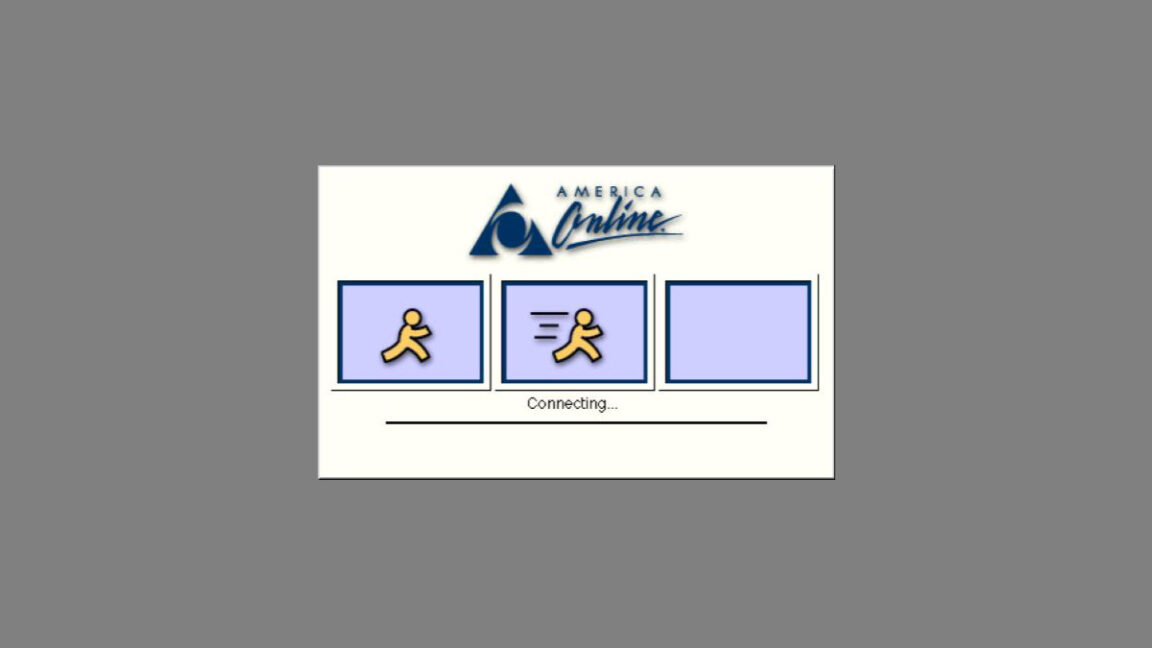
How Discord Reduced Websocket Traffic by 40%
At Discord, we’re always thinking about ways to improve our services and increase performance. After all, the faster our app gets, the sooner you can return to your friends and conversations!
Over the last six months, we embarked on a quest to support this endeavor, working to reduce the amount of bandwidth our clients use, especially on iOS and Android, hoping that decreasing bandwidth usage would lead to a more responsive experience.
When your client connects to Discord, it receives real-time updates about what’s happening through a service that we call the “gateway.” Since late 2017, the client’s gateway connection has been compressed using zlib, making messages anywhere from 2 to 10 times smaller.
Since then, zstandard (originally released in 2015) has gained enough traction to become a viable replacement for zlib. Zstandard offers higher compression ratios and shorter compression times and supports dictionaries: a way to preemptively exchange information about compressed content, further increasing compression ratios and reducing the overall bandwidth usage.
We attempted to use zstandard in the past, but, at the time, the benefits weren’t worth the costs. Our testing in 2019 was desktop-only and used too much RAM. However, a lot can happen in five years! We wanted to give it another try, and the support for dictionaries appealed to us, especially as most of our gateway payloads are small and in a well-defined shape.


/cloudfront-us-east-2.images.arcpublishing.com/reuters/UF3LTCUCNJKBHCQTIPTLHWYOSM.jpg)
















